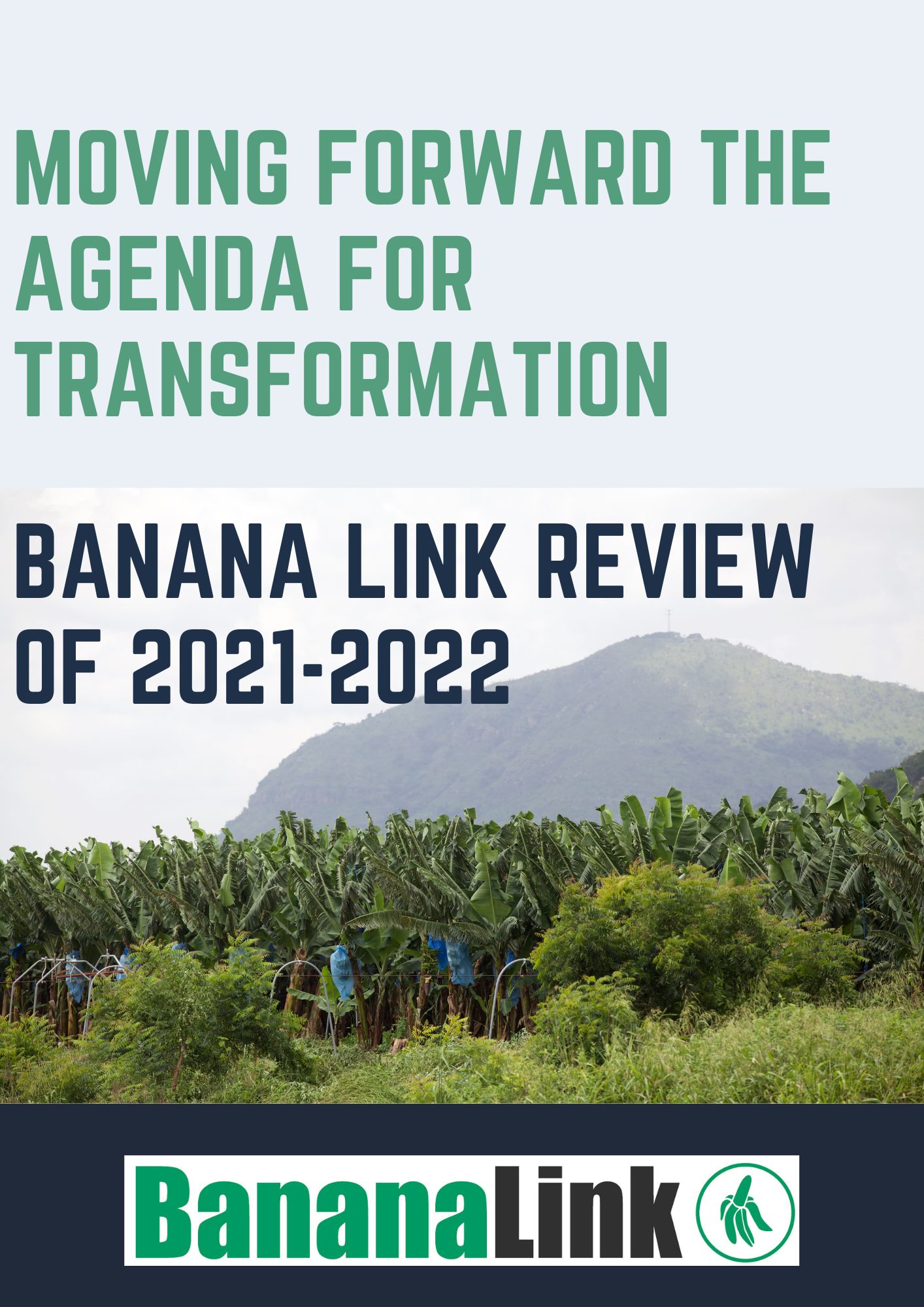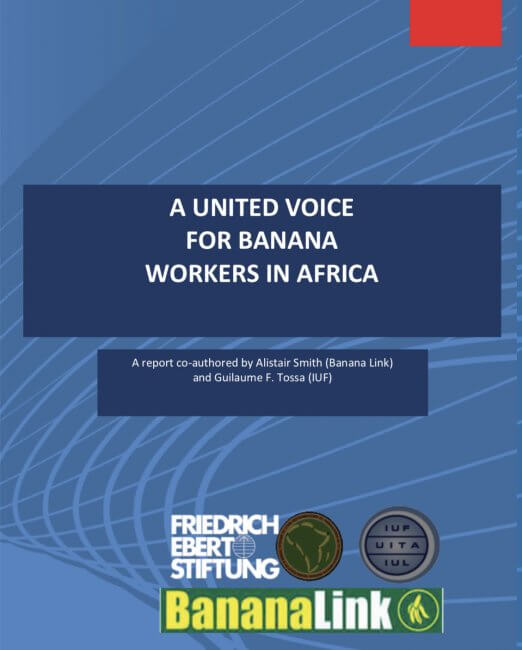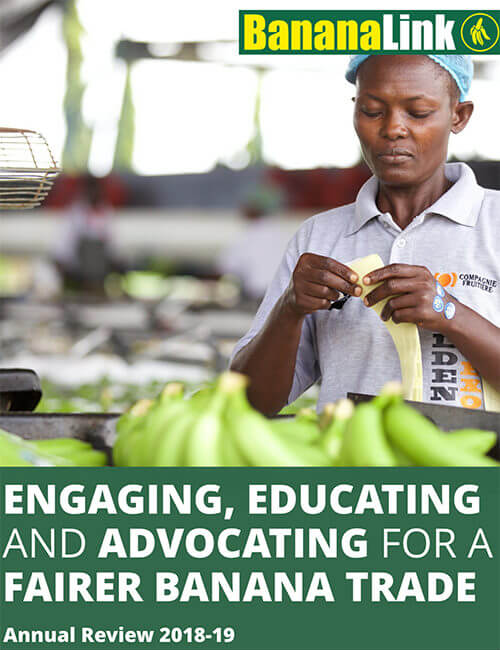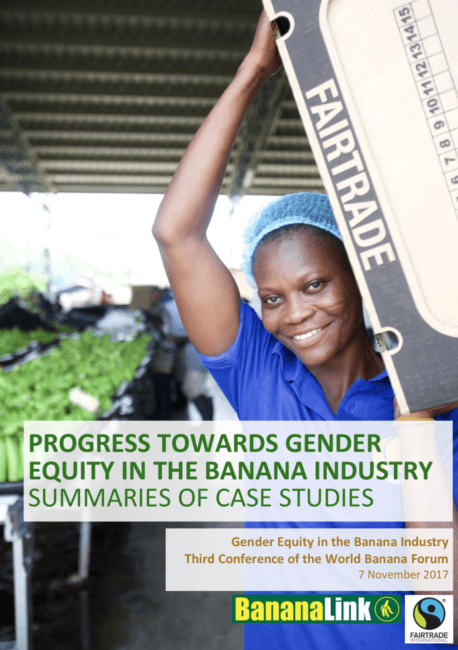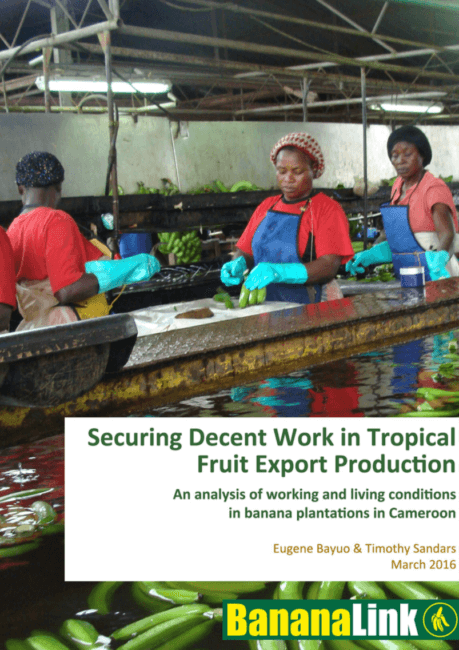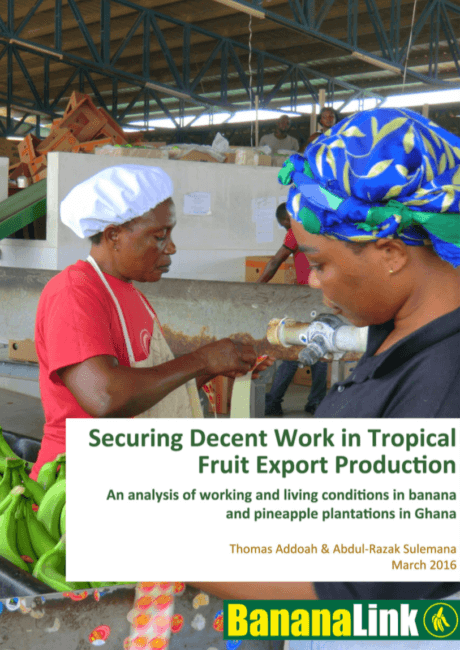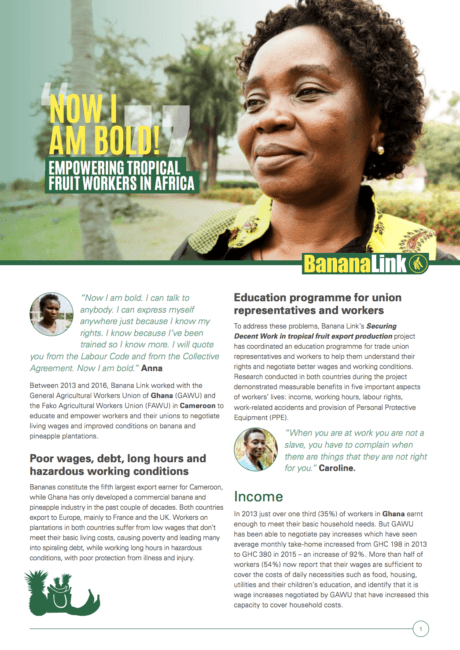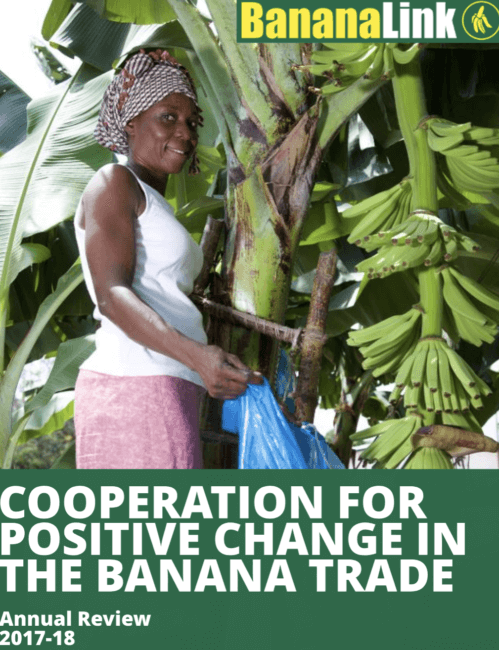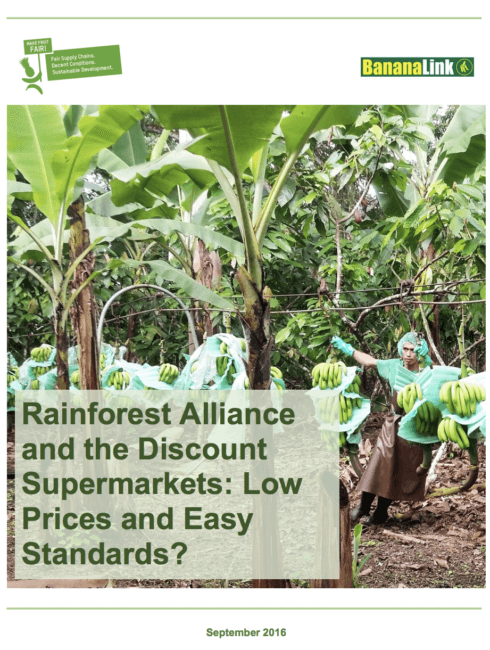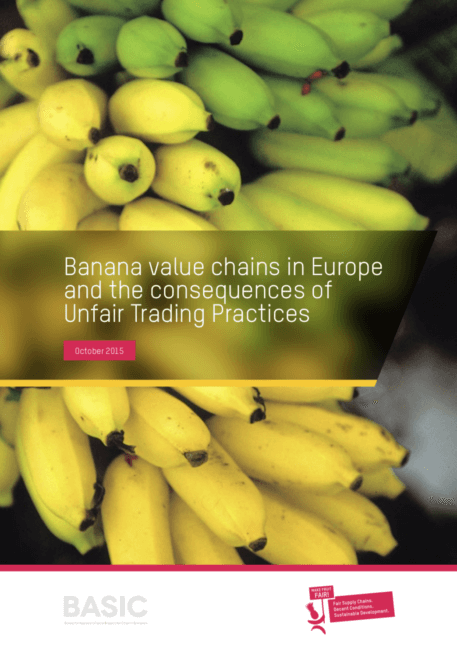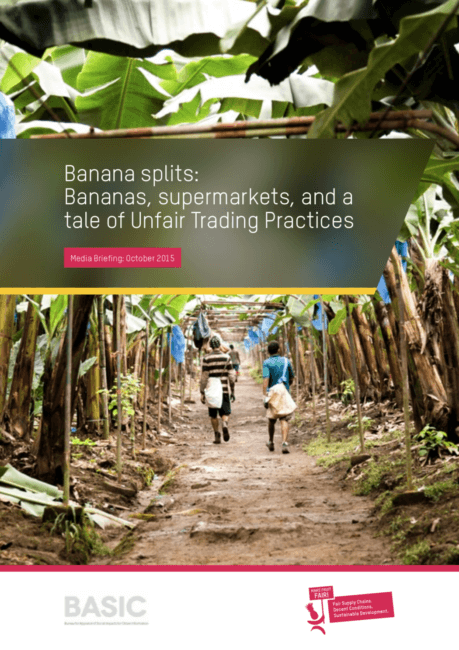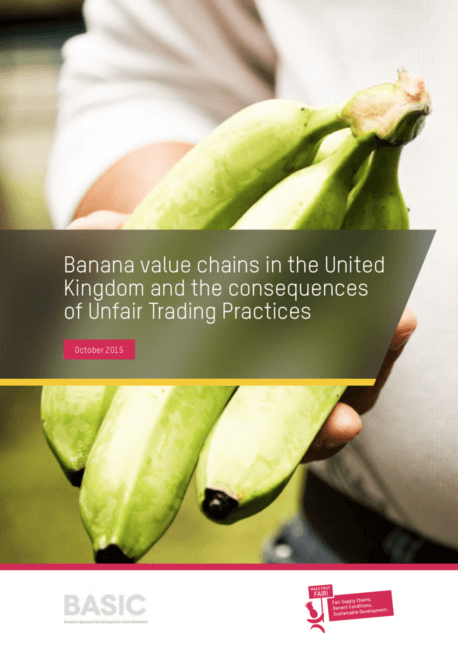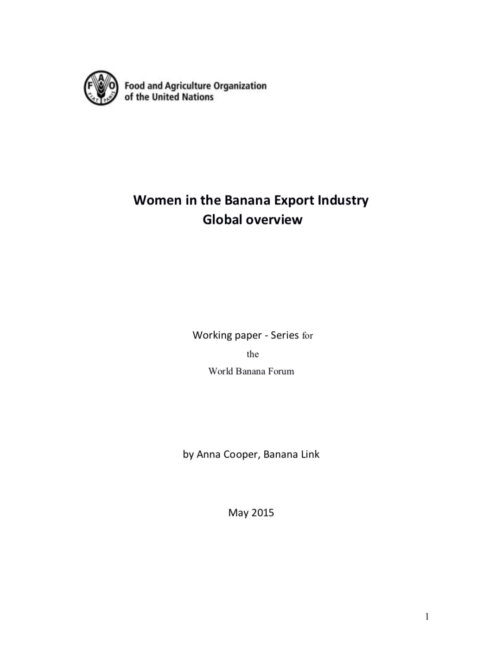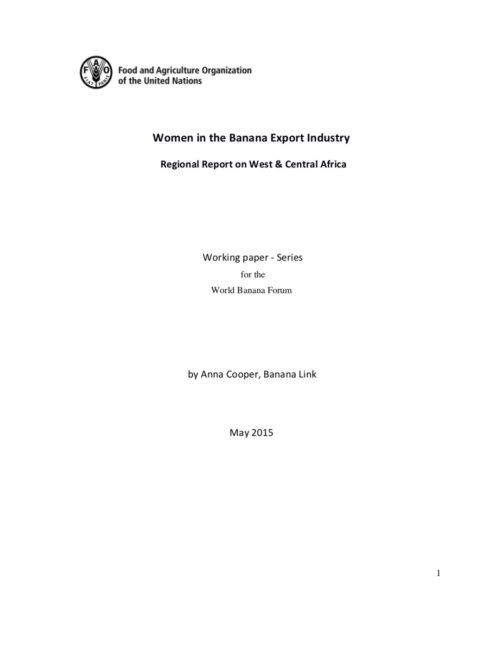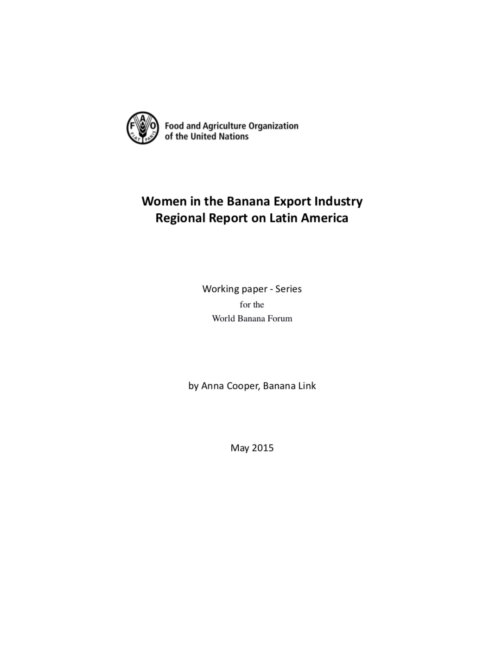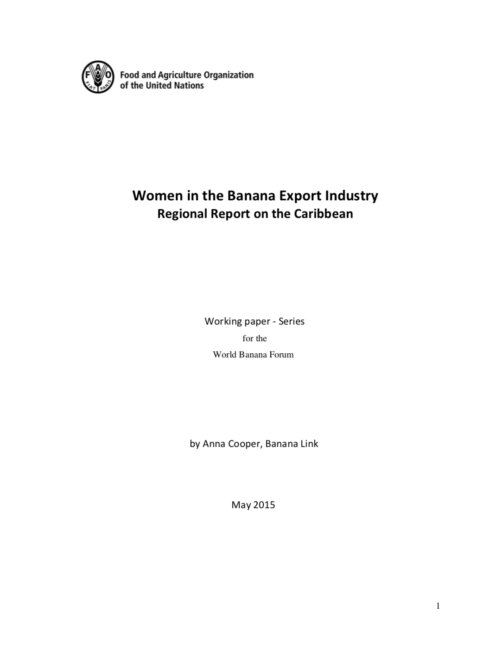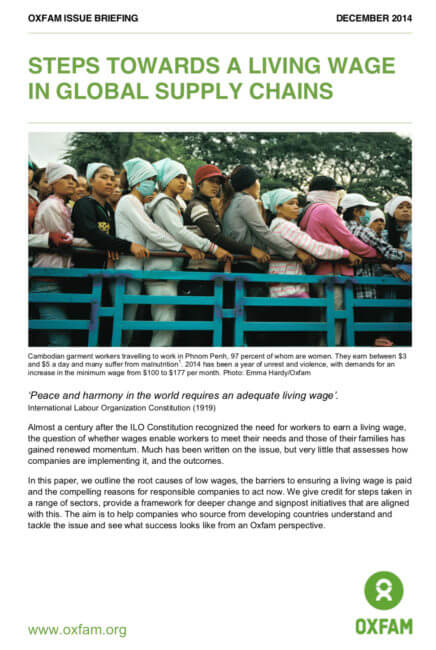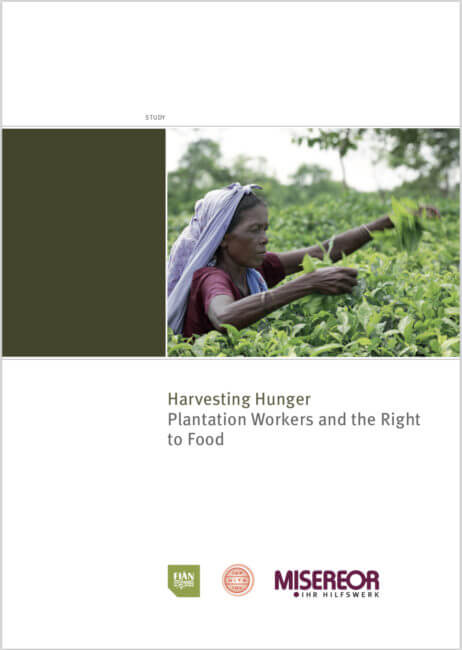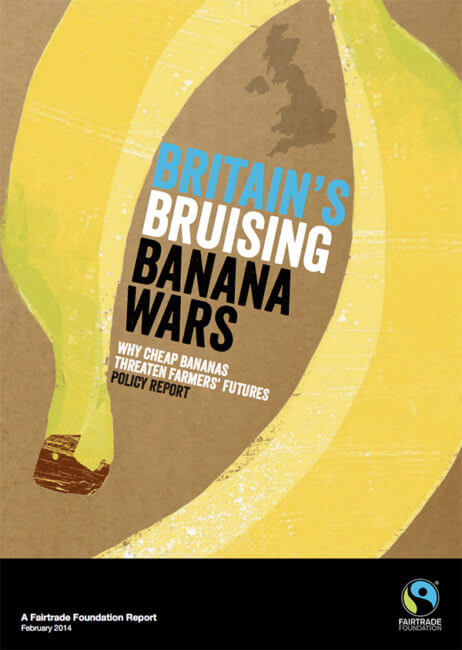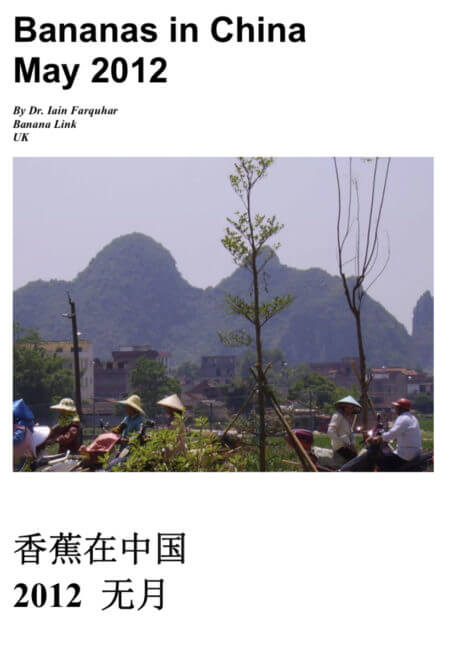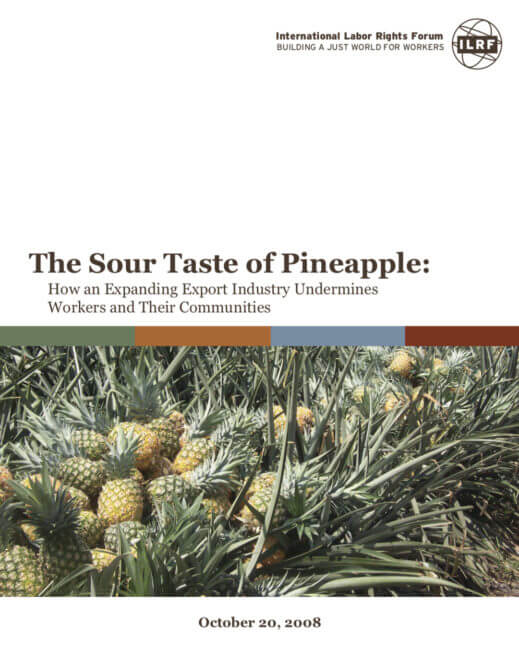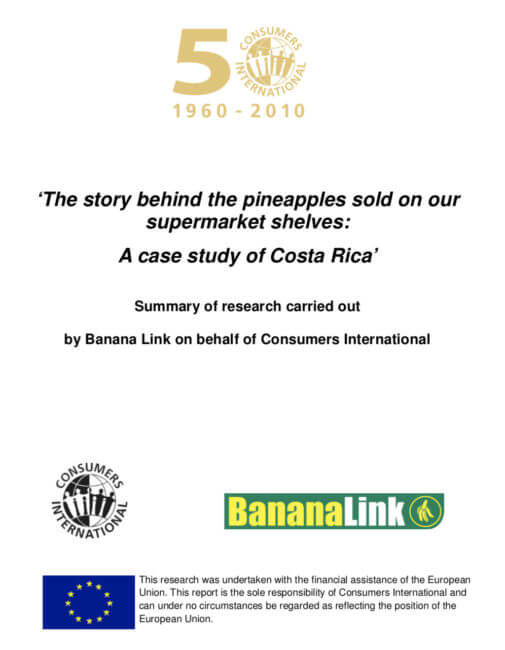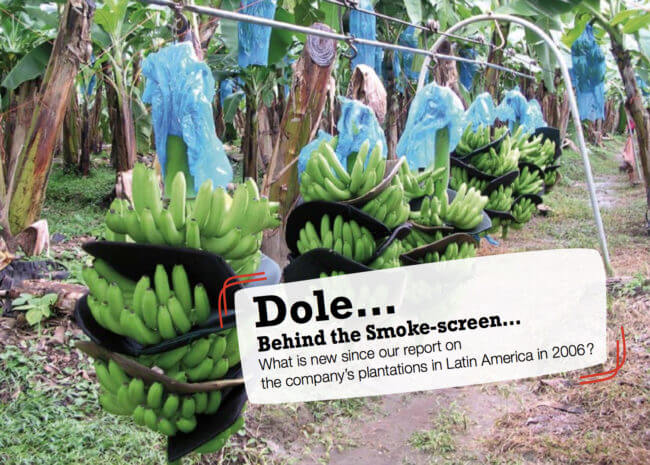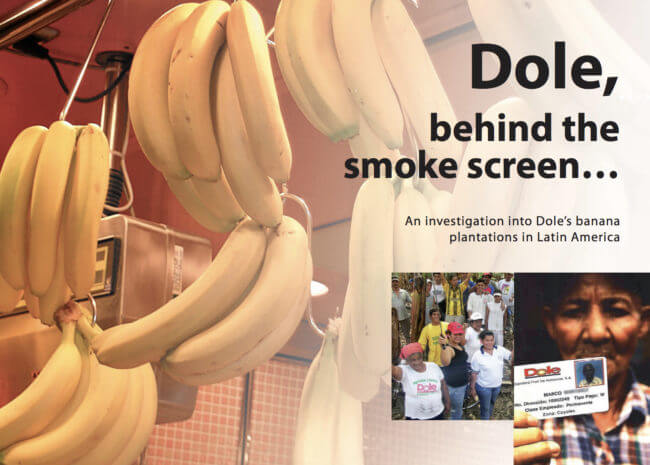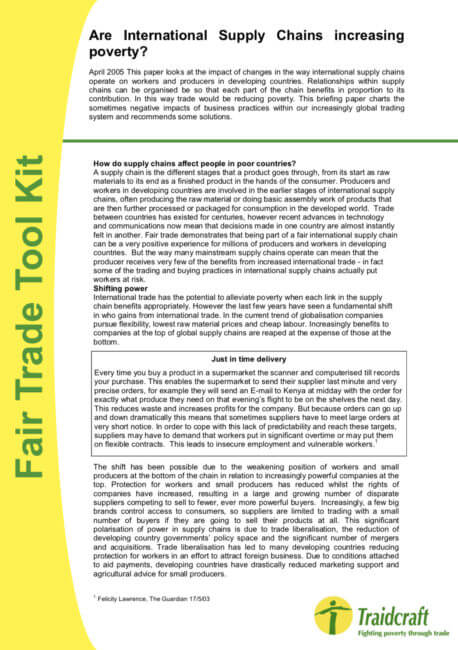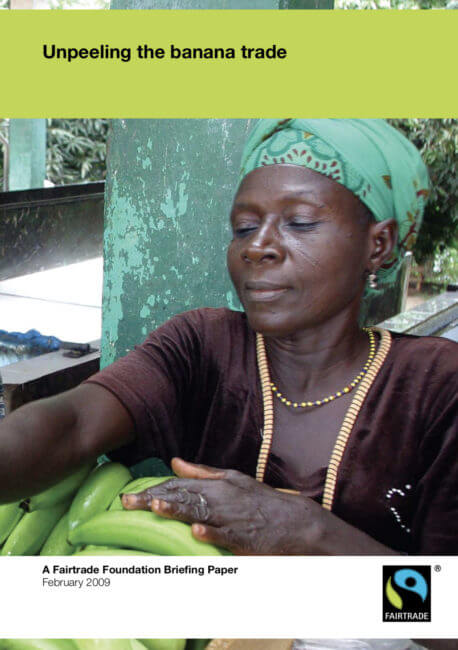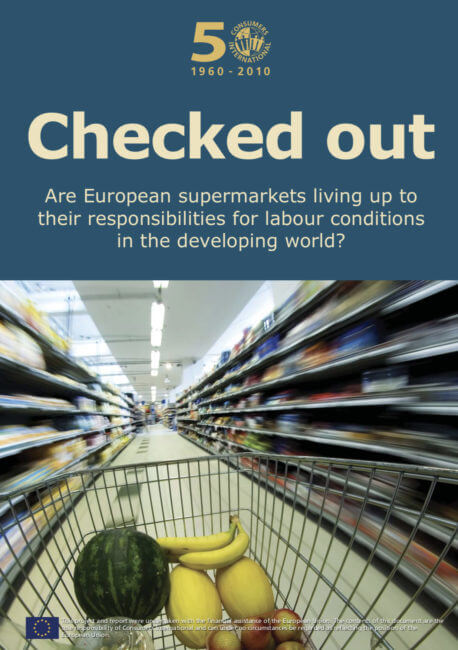Moving forward the agenda for transformation: Banana Link’s Review of 2021 – 2022
Over the last two years, our small team grappled with big emerging trends in the export banana industry, with long-running discussions around living income and living wage for banana plantation workers finally taking form as clearly defined objectives by retailer groups in several European countries, recognising their shared responsibility to transform a sector long characterised by poor pay and poor working conditions in producing countries.
Discussions around the urgency of moving towards more sustainable practices that protect and encourage biodiversity in the banana industry have moved from a marginal position to occupy a central place in the debate, with many recognising the significance of agroecological transition as way forward, with the potential to create robust and healthy systems that stand a much better chance of surviving in the face of diseases like Tropical Race 4.
Banana Link continued to play a key role in industry debates, representing the interests and ideas of our workers’ union and small farmer partners. We continued to fundraise and support the strengthening of our trade union partners in banana producing regions across Latin America, the Caribbean and Central and West Africa. We continued to build our capacity to engage with and advocate for small farmers through working with their cooperatives and associations, despite having extremely limited funding available to do so.
